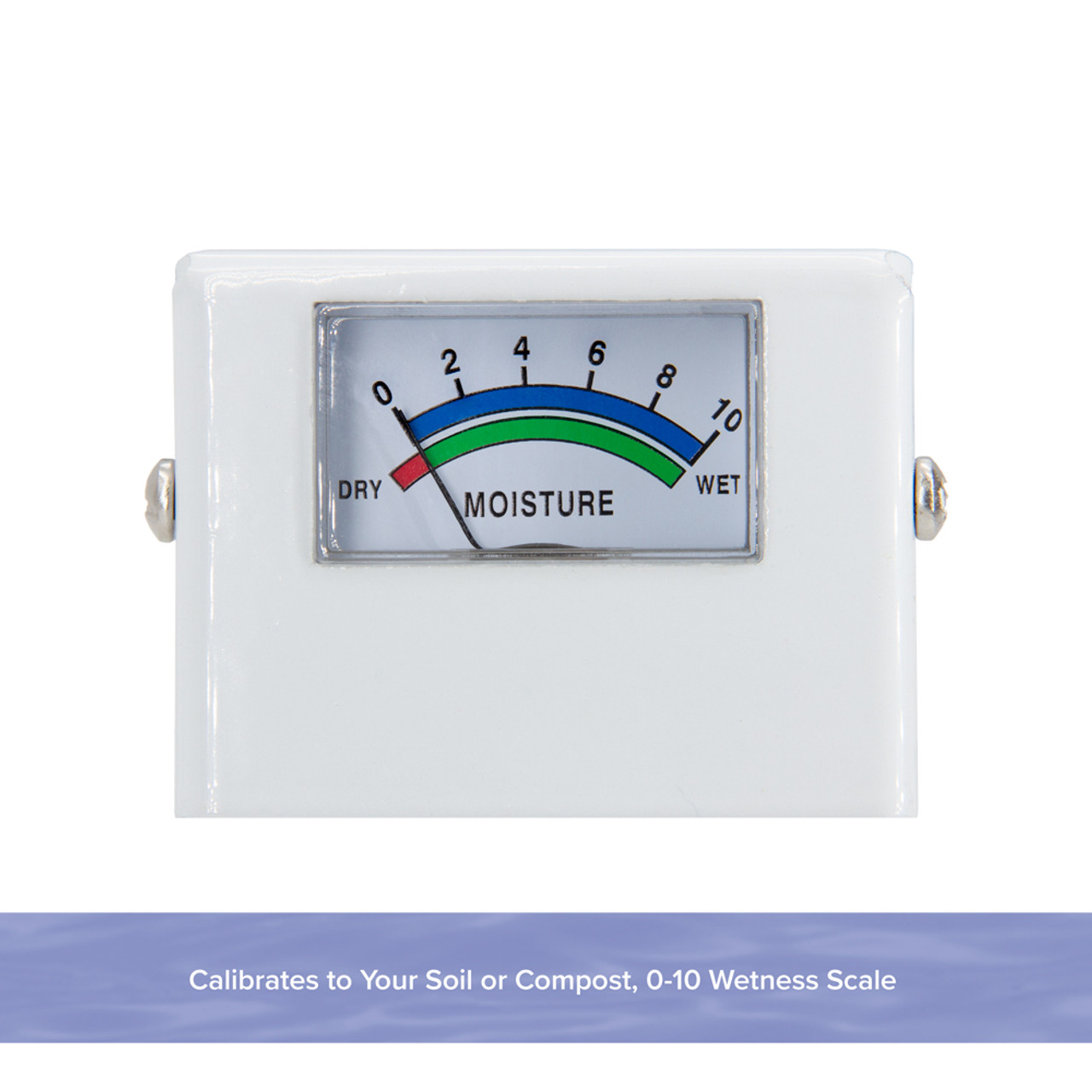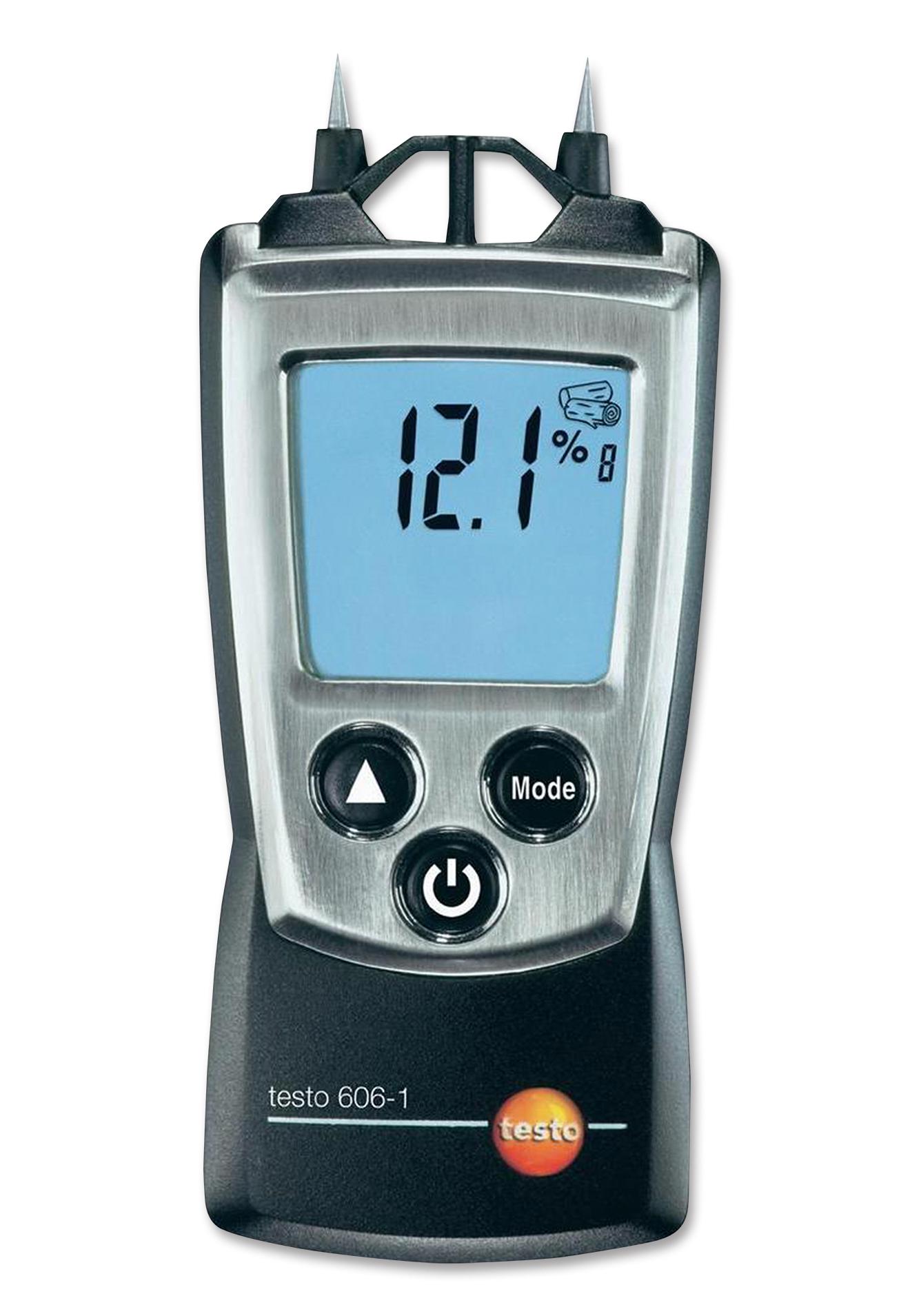Why Every Homeowner Needs a Moisture Meter: Secret Benefits and Features
The Ultimate Guide to Moisture Meters: A Comprehensive Introduction and Exactly How They Can Save You Money
In the realm of building maintenance, construction, and various industries, the importance of properly gauging dampness degrees can not be overemphasized. Wetness meters act as indispensable devices in detecting and keeping an eye on moisture web content in products, helping in stopping costly damages and making sure the high quality of products. Understanding the nuances of various sorts of moisture meters, their applications, and the possible cost-saving benefits they provide can be a game-changer for services and experts alike. Uncovering exactly how these devices can not just streamline procedures yet likewise contribute to economic savings is a trip worth starting.
Kinds Of Moisture Meters
One common type is the pin-type wetness meter, which measures the electrical resistance in between 2 pins put into a product. Pinless moisture meters, on the other hand, use electro-magnetic sensor plates to check a larger area without causing damages to the product's surface area.
Infrared moisture meters determine the thermal homes of a material to identify its wetness material non-invasively, making them beneficial for applications where pin or pinless meters may not be ideal. Comprehending the various kinds of moisture meters available can help sectors pick the most appropriate device for their certain wetness dimension requirements.

Benefits of Using Moisture Meters

Moreover, making use of moisture meters can lead to boosted energy efficiency. In farming setups, dampness meters play an important function in optimizing crop returns by enabling farmers to check dirt dampness levels and make notified watering choices.
Just How to Pick the Right Moisture Meter
Choosing the appropriate wetness meter includes taking into consideration key aspects such as product compatibility, measurement range, and calibration precision. When selecting a moisture meter, it's necessary to make sure that the meter appropriates for the specific product you will be screening. Different products have varying electrical buildings that can influence dampness readings, so selecting a meter developed for your material is crucial for exact results. Additionally, take into consideration the measurement range of the wetness meter. Make sure that the meter can find dampness levels within the variety needed for your applications. Calibration accuracy is another vital factor to bear in mind (Moisture Meter). Select a dampness meter with trusted calibration to make certain consistent and accurate readings. Some meters may need periodic calibration modifications, so comprehending the calibration process is essential. By meticulously assessing these variables, you can pick a wetness meter that fulfills your needs and provides precise dampness measurements for your projects.
Appropriate Techniques for Moisture Meter Usage
To make sure precise moisture readings and take full advantage of the performance of a dampness meter, using correct techniques is crucial. When utilizing a pin-type wetness meter, place the pins or probes into the click for more product being examined up until they make complete call. Make certain the pins are vertical to the surface to get one of the most exact reading. For pinless moisture meters, hold the gadget flat versus the product and relocate gradually to cover the whole location for a typical analysis. It's essential to adjust the dampness meter according to the material being tested to boost accuracy. Take several readings across the surface area and average them out for an extra trustworthy result. Additionally, guarantee that the product being checked is accommodated to the atmosphere to stop skewed readings. Routine upkeep of the wetness meter, such as cleaning up the pins or sensor, is also important to guarantee exact and constant readings. By adhering to these appropriate techniques, individuals can depend on their wetness meter to offer reliable dampness levels, aiding in avoiding pricey damages or ensuring quality in different applications.

Cost Financial Savings Through Moisture Meter Applications
Just how can the critical usage of dampness meters lead to considerable price financial savings throughout numerous industries? In the farming market, dampness meters aid in establishing the ideal time for harvesting plants, stopping excess or over-drying moisture that can impact the final product's top quality.

In addition, in the food processing sector, dampness meters are important for monitoring item top quality and making sure compliance with security regulations. By accurately gauging dampness web content in foodstuff, makers can prevent wasting, preserve quality, and lower waste, causing considerable cost savings. In general, the tactical application of dampness meters is a useful investment that can bring about significant expense reductions and boosted performance throughout various industries.
Conclusion
In conclusion, dampness meters are useful devices for discovering and gauging moisture levels in different materials. By making use of the appropriate moisture meter and following appropriate methods, users can efficiently protect against pricey problems brought on by excess moisture. Buying a quality dampness meter can cause considerable cost financial savings in the future by determining prospective issues at an early stage and making it possible for punctual remediation. Inevitably, moisture meters are important instruments for preserving the stability and durability of products and structures.
Dampness meters serve as essential tools in detecting and monitoring moisture material in products, aiding in avoiding expensive go problems and making sure the high quality of products. Infrared dampness meters gauge the thermal residential or commercial properties of a product to determine its dampness web content non-invasively, making them beneficial for applications where pin or pinless meters might not be ideal.Moisture meters supply indispensable advantages in precisely checking and assessing dampness over at this website degrees in varied products and environments. In farming setups, wetness meters play an important role in optimizing crop returns by enabling farmers to check dirt moisture degrees and make informed irrigation decisions.In conclusion, wetness meters are important devices for finding and determining dampness levels in various materials.